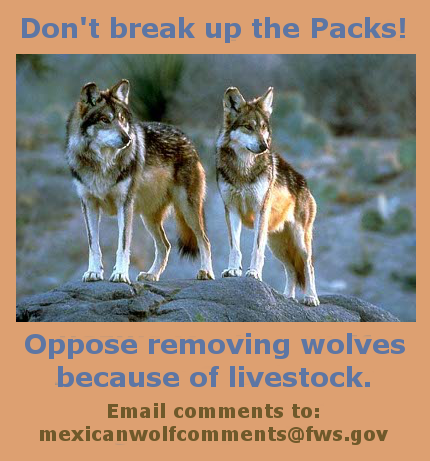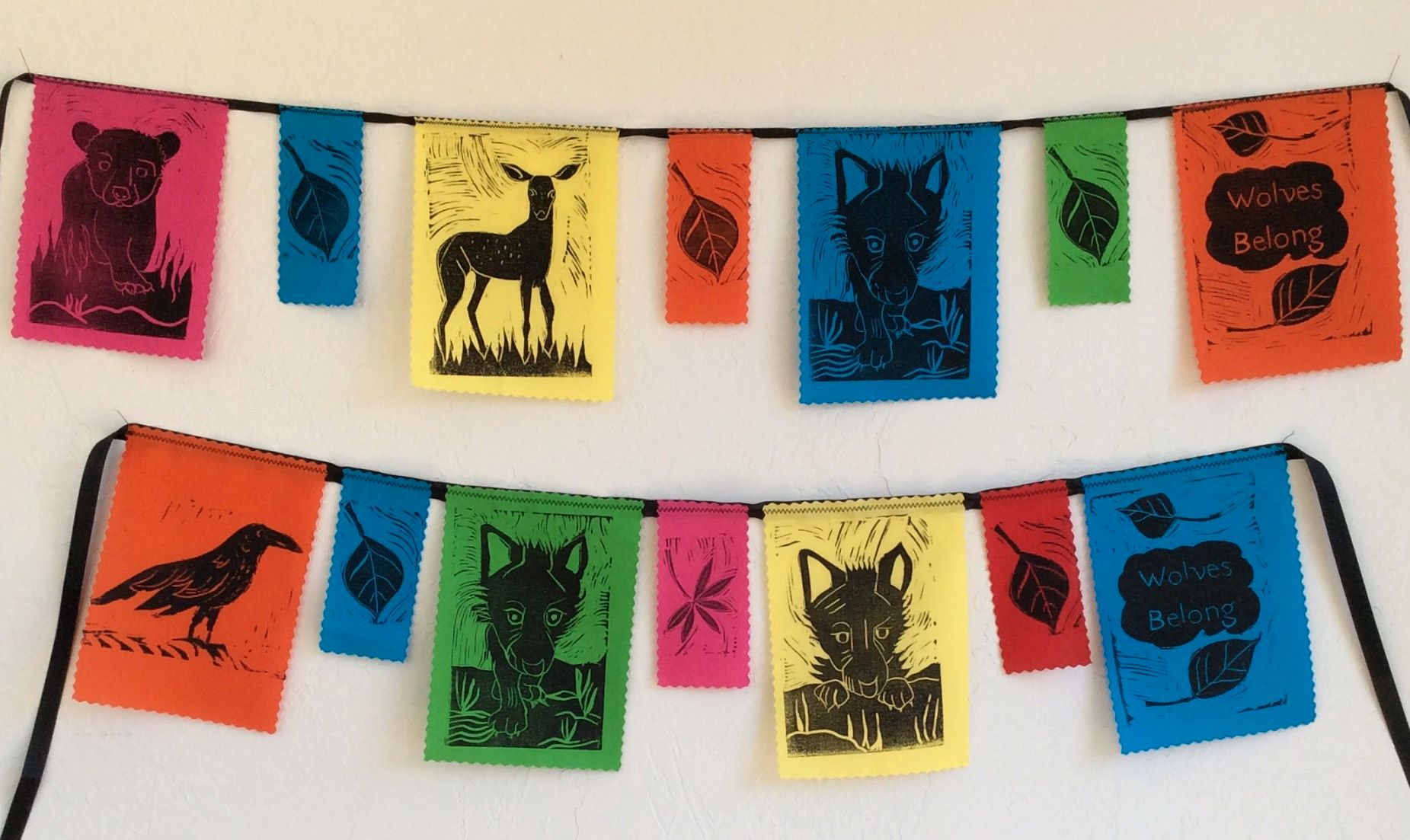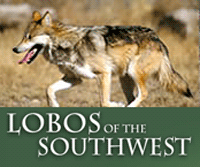Contact the US Fish and Wildlife Service (USFWS) today to say you oppose removing wolves for livestock. (10/23/20)
Email This email address is being protected from spambots. You need JavaScript enabled to view it. today.
Be sure to copy This email address is being protected from spambots. You need JavaScript enabled to view it. so we can help hold USFWS accountable!

Two of New Mexico’s wolf families are at risk, and they need your help to stay in the wild.
It has come to our attention that members of the Pitchfork Canyon Pack and the Sheepherders Baseball Park (SBP) Pack have been accused of preying on livestock and may face the loss of their freedom and the disruption of their families. Wolves like Estrella (F1853) of the Pitchfork Canyon Pack and Selene (AF1553) of the SBP Pack are depending on us to act now.
Both packs are raising young pups, and any disturbance, including removal of a pack member, can be extremely disruptive and can result in the demise of a pack.
These packs are living in very good habitat for wolves on public lands in the Gila National Forest. Multiple packs make this area their home, roaming through the mountains and canyons as wolves did for millennia before humans arrived.
The area where they live is now also used for livestock grazing, but the livestock is required to be removed from the area this month (October 2020), which is a normal operating procedure for this area regardless of wolf activity. These wolves should not be disturbed when the movement of the livestock will prevent further conflicts!
Longer term, there are other proactive, non-lethal solutions that can keep these wolves safe. USFWS and the US Forest Service (USFS) should be supporting such best practices for reducing wolf-livestock conflict.
Native to the Southwestern US and Mexico and considered critically endangered, Mexican gray wolves have a right to be wild and should not be removed from their homes or separated from their families. There are fewer than 165 Mexican gray wolves in the wild in the Southwestern US, and every one of them is critical to wolf recovery. We are asking you to raise your voice and encourage the USFWS to let these wolves keep their freedom.
Attempts to capture wolves using traps, though non-lethal, can still put those wolves and their pups at risk of injury or even death. Wolves and other wildlife that are not the intended targets of traps can also be impacted. This is not a risk worth taking when the solution of moving livestock exists.
TAKE ACTION FOR LOBOS
Save Selene! Exonerate Estrella! Protect the Packs!
Email This email address is being protected from spambots. You need JavaScript enabled to view it. today.
Be sure to copy This email address is being protected from spambots. You need JavaScript enabled to view it. so we can help hold USFWS accountable!
Say you oppose removing wolves because of livestock and tell them to keep the Pitchfork Canyon and Sheepherders Baseball Park Packs wild! Please do not delay, as every second counts for these rare wolves.
Please remember to be civil when providing your comments. Please avoid threats and remain focused on the facts that support leaving these wolves in peace in the wild.
Personalize these talking points when you contact USFWS:
- Wolves should not be removed from the wild because of livestock.
- The Sheepherders Baseball Park and Pitchfork Canyon Packs have young pups. Pups need their families together to have the best possible chances of surviving.
- Wolves should be allowed to live in the habitat that is available to them. Humans need to make efforts to live successfully with wolves and other wildlife, and wildlife shouldn’t pay the price when humans choose to come into their homes.
- There are solutions that reduce conflict between wolves and livestock. Removing the livestock from the area is a short-term solution that will work to allow the Sheepherders Baseball Park and Pitchfork Canyon Packs to remain in the wild.
- Long-term, USFWS and USFS should be supporting best practices to reduce wolf-livestock conflict. Implementing these best practices should be a requirement for livestock grazing on public lands.
- The growth of the Mexican wolf population is encouraging, but the population is still small, and individual wolves still matter to recovery.
- Wolves have been injured by traps. Please do not put wolves at risk by placing traps when other solutions exist.
THANK YOU FOR BEING AN ADVOCATE
FOR MEXICAN GRAY WOLVES!





